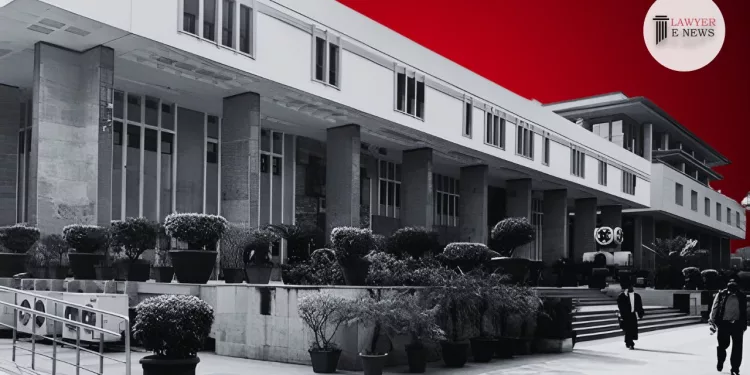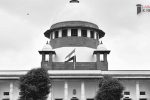Delhi High Court Rejects Appeal to Amend Pleadings in Partition Suit, Affirms Binding Nature of Ancestral Decrees on Legal Heirs

In a recent judgment, the Delhi High Court dismissed an appeal filed by Indupal Kaur Sehgal challenging a 1976 partition decree pertaining to property A-389, Defence Colony, New Delhi. The bench, comprising the Acting Chief Justice and Ms. Justice Manmeet Pritam Singh Arora, upheld the earlier decision of a Single Judge who had dismissed the appellant’s plea for an amendment to the plaint.
The appellant, Ms. Sehgal, had sought to amend her suit to challenge the partition decree on the grounds of fraud, contending that she was unaware of its existence until recently. However, the court observed, “The Appellant herein is alleging fraud by her own common ancestor upon the civil court which passed the decree of partition dated 28.05.1976.” This allegation was critical in determining the nature of the trial, differentiating it from a regular trial of partition.
The Court noted the implications of allowing such an amendment, stating, “The challenge by a legal heir to a disposition made by the common ancestor to his properties during his lifetime is adversarial and would necessarily require an independent inquiry and adjudication.” The bench emphasized that the proposed amendments would alter the nature of the suit from a partition dispute to a declaration suit.
Furthermore, the Court remarked on the legal heir’s right to challenge the ancestor’s decisions, asserting, “A legal heir is bound by the actions of the common ancestor whose property he/she seeks to inherit and the legal heir cannot be permitted to challenge the actions of the common ancestor by alleging that he acted fraudulently.”
In their conclusive decision, the bench dismissed the appeal, underscoring, “The Appellant’s challenge to the 1976 decree was deemed untenable; appeal dismissed for lack of merit, maintaining Single Judge’s order.” This decision reaffirms the principle that legal heirs are bound by the actions of their ancestors and cannot challenge them on allegations of fraud if they have been accepted and acted upon during the ancestor’s lifetime.
Date of Decision: 01 February 2024
Indupal Kaur Sehgal VS Dr. Davinder Pal Singh Rekhi & Ors.






